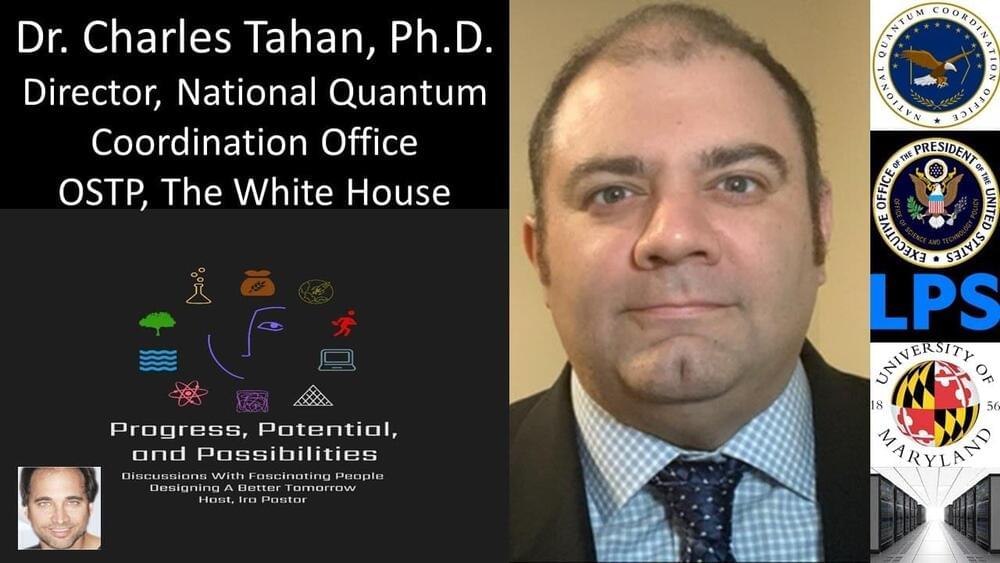Apr 27, 2023
Google’s cloud business turns profitable for the first time on record
Posted by Kelvin Dafiaghor in categories: business, government, robotics/AI
Google has been vying to win business from big corporations and government agencies that are deciding between major tech vendors as they move from traditional data centers to the cloud and rely on more compute-heavy applications involving artificial intelligence. Amazon Web Services, the leader in cloud infrastructure, popularized the market in the mid-2000s and has been profitable every quarter since 2014. Microsoft, the second-biggest player in the space, doesn’t report profitability figures for its Azure unit.
Alphabet started disclosing cloud revenue in 2020, and the following year began providing information on the scale of its operating losses.
Last week Alphabet restated operating income for cloud and its other segments, resulting in lower cloud losses in 2021 and 2022. The restated numbers show the cloud unit had a $186 million operating loss in the fourth quarter, compared with $480 million before the change, for example.


















